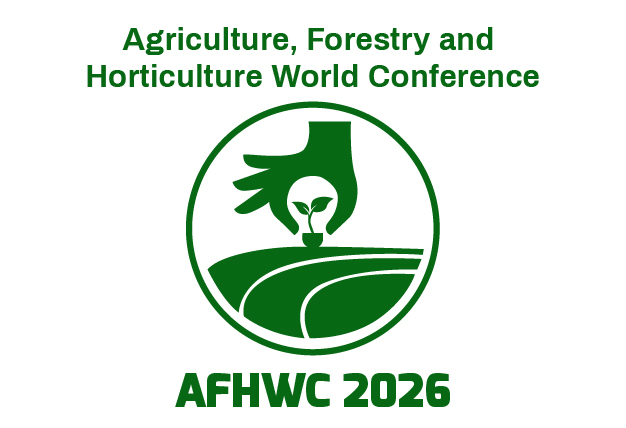Speakers - AFHWC2025

Shweta Rana
Shweta Rana
- Designation: Department of Physical and Natural Sciences, FLAME University
- Country: India
- Title: Advancing Sustainability in Agrifood Systems: Harnessing Modern Tools with Traditional Practices
Abstract
Anthropogenic activities as deforestation, unplanned construction, pollution, excessive and improper usage of environmental resources, exacerbated by the increased global temperature is leading to decreased cultivable land, water and food production. These are important issues of the Anthropocene epoch and addressing them requires vital and dynamic solutions. Also, achieving minimum dietary diversity by safely increasing food production is a new SDG indicator by FAO. Undoubtedly, naturogenic activities too are slowly adding to climate change and subsequent negative effects. In my humble contribution towards sustainable food production, I will talk about few efficient alternatives from my research studies that validate and provide solutions to this critical issue. I discuss successful marriage of traditional practices with modern tools to substantiate the theme of my presentation. I discuss the decrease in diversity of pollinators and subsequent deterioration of fruit quality and quantity in the mighty Himalayas due to the increased temperatures. A comprehensive study on fast growing hemp that needs less water, sequesters more carbon hence cleans air and soil as sustainable alternative for mitigating climate change. I explore modern tools like Nanomaterials which are an effective measure to maintain plant health. Nanoparticles applied as phytohormones and efficient pesticides successfully boost plant health, protect them from the pests and so provide sustainable alternatives to combat climate change and enhance overall agricultural, horticultural and hence environmental health. My studies are directly aligned with sustainable development goals: 2 (zero hunger); 3 (good health and wellbeing); 6 (clean water and sanitation); 12 (responsible consumption and production); 13 (climate action) and 15 (biodiversity).

